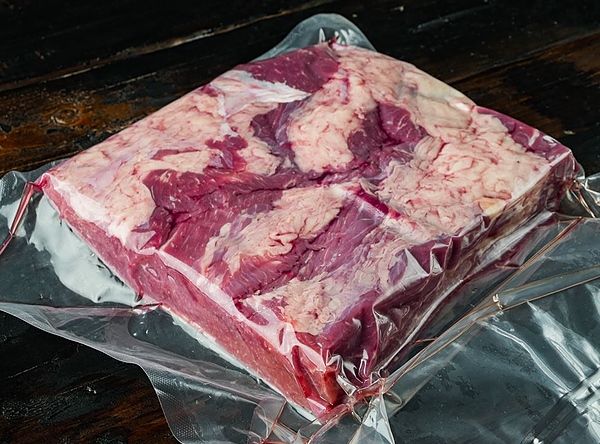BASF
Polyisobutylene capacity increase announced for headquarters site
German petrochemical group BASF (Ludwigshafen; www.basf.com) said it plans to raise the production capacity for medium molecular weight polyisobutylene at its Ludwigshafen site by 25%.
The investment in the material marketed under the Oppanol brand was said to be a response to the global rise in demand.
The investment in the material marketed under the Oppanol brand was said to be a response to the global rise in demand.
 Polyisobutylene is also suitable for food packaging (Photo: PantherMedia/Ilianesolenyi (YayMicro)) |
Oppanol is a synthetic hydrocarbon that is produced through polymerisation from isobutylene. Its consistency ranges from viscous to rubber-like. Applications include adhesives and sealants, surface protection films, binders for batteries, and food packaging. It is also used for polyolefin modification.
The capacity of the company’s Ludwigshafen plant, which went onstream in 2002, was increased to 18,000 t/y in 2007. With the recently announced expansion, expected to be concluded in the first half of 2025, output is set to rise to 22,500 t/y.
At its global production sites of Ludwigshafen, Antwerp, Kuantan (Malaysia), and Nanjing (Jiangsu, China), the company produces both low molecular weight polyisobutylenes (Glissopal) and medium and high molecular weight polyisobutylenes (Oppanol).
07.08.2023 Plasteurope.com [253378-0]
Published on 07.08.2023

 German version of this article...
German version of this article...